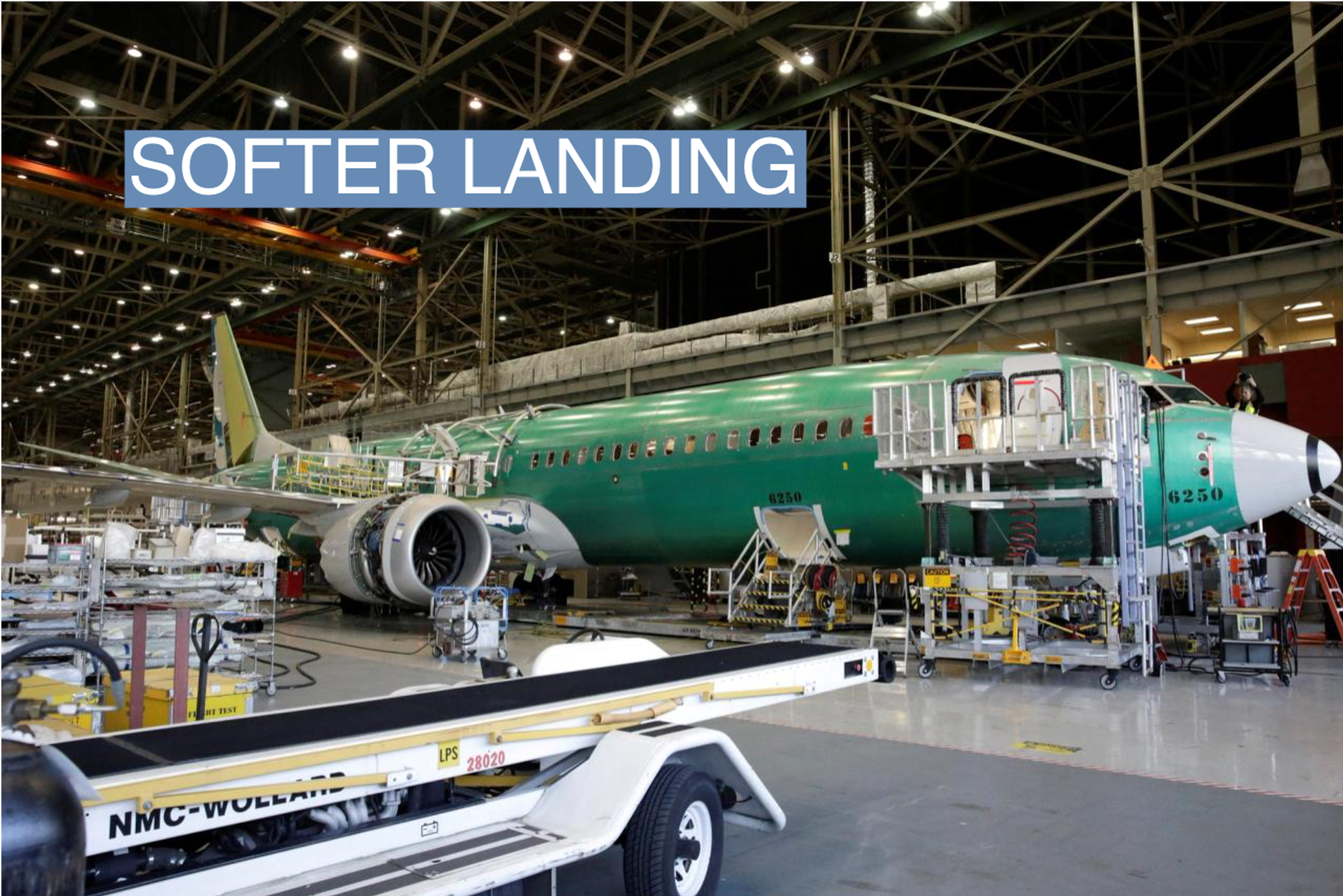Semafor Signals
Supported by
Boeing lost less revenue than expected amid safety crisis
Insights from Bloomberg, Fast Company, and MSNBC

The News
Boeing reported a slightly smaller revenue loss this quarter compared to last year, in a better performance than analysts expected, even as the aviation giant struggles to regain investor confidence over safety and production issues.
The company lost $388 million in the first three months of 2024, compared to $440 million last year. It burned through $3.9 billion in the first quarter largely due to the slowdown of aircraft manufacturing, but lower than the $4.4 billion loss forecasted by experts.
While regulators are closely scrutinizing Boeing’s manufacturing after the mid-flight panel blowout on an Alaska Airlines 737 MAX, analysts largely agree that the company will manage to survive the turbulence given the strong economic protections granted by US lawmakers.
SIGNALS
Boeing losses ‘could have been worse,’ but airlines feel the blow
Despite the $3.9 billion cash burn from slowing production, demand for Boeing aircraft remains high: Its defense subsidiary reported an increase in operating margins, while its global services unit posted more than $900 million in profits. “It could have been worse,” one analyst said in a note to investors. Still, US airlines are feeling the ripple effects of Boeing’s woes, a The Washington Post reported. United Airlines saw a $200 million loss in the first quarter largely because of the MAX-9 groundings, and Southwest said it will have to reduce the number of ticket sales because it received fewer Boeing orders than expected.
Boeing is too big to fail
As one of the only two major commercial aviation manufacturers of the 21st century, “nobody involved in the airline industry wants Boeing to fail,” business journalist James Surowiecki wrote for Fast Company. Despite federal regulators’ crackdown on Boeing, they do not want to be responsible for “putting one of the country’s biggest companies out of business,” Surowiecki wrote. Airlines, meanwhile, do not want to rely only on Boeing’s rival Airbus for jets since it would give Airbus more pricing power, he argued, and Airbus also needs Boeing as the global demand for jets far outweighs supply. “That means that just about everyone involved has an incentive to make it possible for Boeing to keep its assembly lines humming and its planes in the air,” Surowiecki wrote.
US ‘free market’ did little to keep Boeing in check
Ideally, demands from customers and investors in the US’ free market system would have forced Boeing to work out its production issues years ago after the two deadly 737 MAX crashes. But the country’s free market system isn’t actually “free,” journalist Grace Blakeley argued in MSNBC: In the US, the government and large corporations “frequently work together to plan who gets what in the American economy” which means “subverting free market competition to augment the power of the largest firms.” This is why Boeing was allowed to “self-regulate” for so long. The only way to change this system, she argued, is to empower “ordinary people, not just unaccountable bureaucrats and greedy executives” to make decisions.
